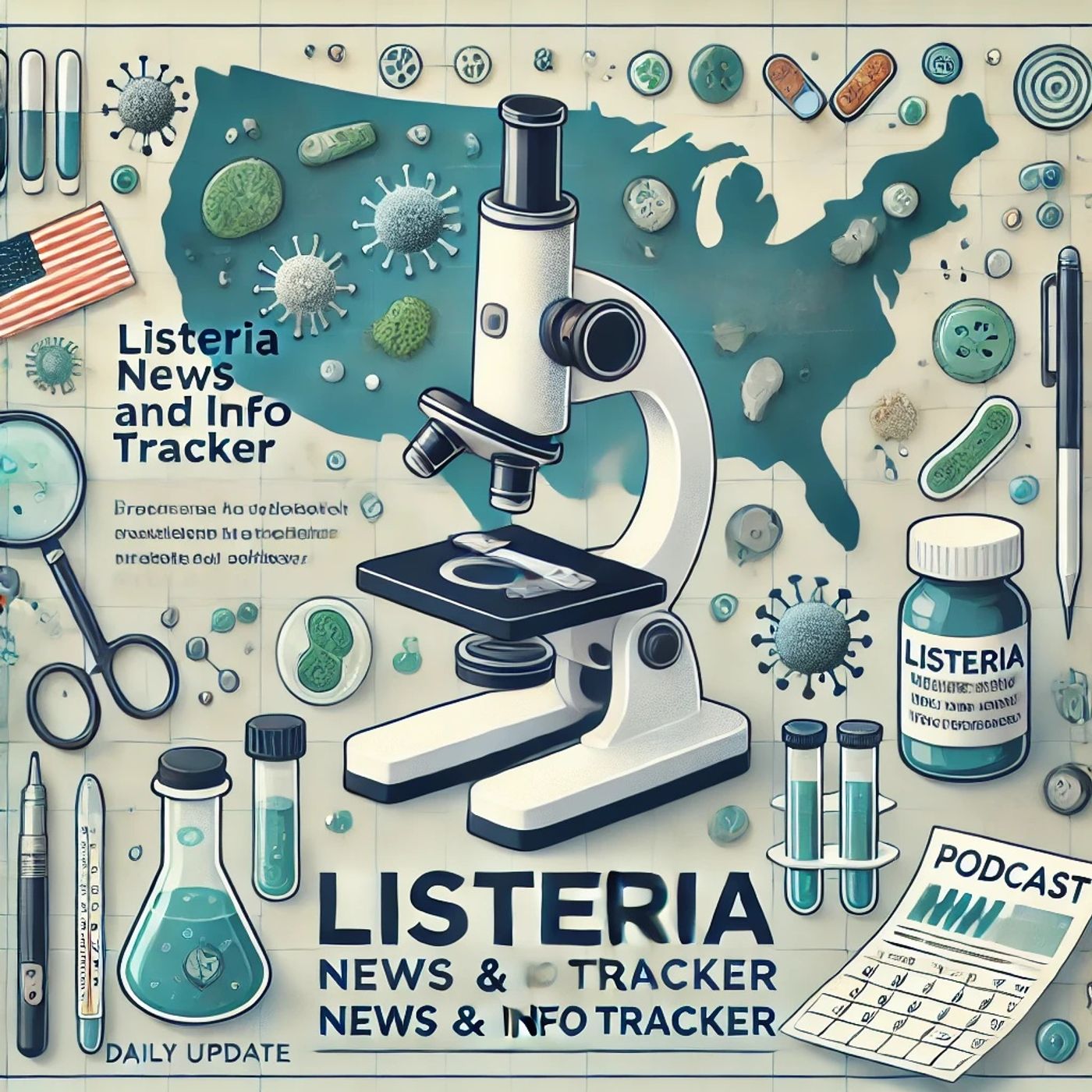Jan 31 2025 3 mins
In recent developments concerning food safety, a significant recall has been issued for broccoli sold at Walmart stores across 20 states due to the potential contamination with Listeria monocytogenes, a bacterium that poses serious health risks. The FDA has classified this recall as a 'deadly' risk, emphasizing the potential severity of Listeria infections.
Listeria monocytogenes is a hardy bacterium that can thrive in cold temperatures, making it particularly challenging to manage in food products, especially those stored chilled like fresh produce. Once consumed, it has the capacity to cause listeriosis, an infection that can lead to severe illness in vulnerable populations such as pregnant women, newborns, the elderly, and individuals with weakened immune systems. Symptoms of listeriosis can range from mild flu-like symptoms to more severe manifestations, including meningitis and septicemia.
The current Listeria outbreak linked to the recalled broccoli is part of a broader pattern of food safety issues related to this pathogen. Officials are urging consumers to check their purchased broccoli for labeling that matches the recall specifics and to dispose of any affected products to prevent the potential health risk.
This outbreak underscores the critical need for rigorous food safety protocols and the importance of traceability in the food supply chain. Food producers and retailers are now facing increasing pressure to enhance their monitoring and safety procedures to prevent such incidents. Consumers, too, are advised to be vigilant about food recalls and to practice safe food handling to minimize the risk of infection.
The economic and health impacts of such recalls are significant. While the immediate concern is public health, with authorities striving to contain the risk and prevent further cases of listeriosis, the financial ramifications for retailers and producers can also be substantial. In addition to the direct costs associated with recalls, they often experience reputational damage that can affect consumer trust and sales long-term.
As the investigation into the outbreak continues, stakeholders across the food industry are called upon to reassess their role in preventing Listeria contamination. Enhanced testing, thorough cleaning regimes, and temperature control are some of the key measures recommended to curb future outbreaks.
In the meantime, the ongoing efforts by health officials to inform and protect the public remain crucial. This includes effectively communicating recall details, encouraging compliance with disposal recommendations, and fostering an environment where consumers feel informed about the complexities of food safety challenges like those posed by Listeria.
Listeria monocytogenes is a hardy bacterium that can thrive in cold temperatures, making it particularly challenging to manage in food products, especially those stored chilled like fresh produce. Once consumed, it has the capacity to cause listeriosis, an infection that can lead to severe illness in vulnerable populations such as pregnant women, newborns, the elderly, and individuals with weakened immune systems. Symptoms of listeriosis can range from mild flu-like symptoms to more severe manifestations, including meningitis and septicemia.
The current Listeria outbreak linked to the recalled broccoli is part of a broader pattern of food safety issues related to this pathogen. Officials are urging consumers to check their purchased broccoli for labeling that matches the recall specifics and to dispose of any affected products to prevent the potential health risk.
This outbreak underscores the critical need for rigorous food safety protocols and the importance of traceability in the food supply chain. Food producers and retailers are now facing increasing pressure to enhance their monitoring and safety procedures to prevent such incidents. Consumers, too, are advised to be vigilant about food recalls and to practice safe food handling to minimize the risk of infection.
The economic and health impacts of such recalls are significant. While the immediate concern is public health, with authorities striving to contain the risk and prevent further cases of listeriosis, the financial ramifications for retailers and producers can also be substantial. In addition to the direct costs associated with recalls, they often experience reputational damage that can affect consumer trust and sales long-term.
As the investigation into the outbreak continues, stakeholders across the food industry are called upon to reassess their role in preventing Listeria contamination. Enhanced testing, thorough cleaning regimes, and temperature control are some of the key measures recommended to curb future outbreaks.
In the meantime, the ongoing efforts by health officials to inform and protect the public remain crucial. This includes effectively communicating recall details, encouraging compliance with disposal recommendations, and fostering an environment where consumers feel informed about the complexities of food safety challenges like those posed by Listeria.
